
 WHY HAS
WHY HAS 
AMERICA STOPPED INVENTING?
DARIN GIBBY

NEW YORK
WHY HAS AMERICA STOPPED INVENTING
BY DARIN GIBBY
2012 Darin Gibby. All rights reserved.
No part of this publication may be reproduced or transmitted in any form or by any means, mechanical or electronic, including photocopying and recording, or by any information storage and retrieval system, without permission in writing from author or publisher (except by a reviewer, who may quote brief passages and/or show brief video clips in a review).
Disclaimer: The Publisher and the Author make no representations or warranties with respect to the accuracy or completeness of the contents of this work and specifically disclaim all warranties, including without limitation warranties of fitness for a particular purpose. No warranty may be created or extended by sales or promotional materials. The advice and strategies contained herein may not be suitable for every situation. This work is sold with the understanding that the Publisher is not engaged in rendering legal, accounting, or other professional services. If professional assistance is required, the services of a competent professional person should be sought. Neither the Publisher nor the Author shall be liable for damages arising herefrom. The fact that an organization or website is referred to in this work as a citation and/or a potential source of further information does not mean that the Author or the Publisher endorses the information the organization or website may provide or recommendations it may make. Further, readers should be aware that internet websites listed in this work may have changed or disappeared between when this work was written and when it is read.
ISBN 978-1-61448-048-8 Paprback
ISBN 978-1-61448-049-5 Ebook
Library of Congress Control Number: 2011929416
Published by:
MORGAN JAMES PUBLISHING
The Entrepreneurial Publisher
5 Penn Plaza, 23rd Floor
New York City, New York 10001
(212) 655-5470 Office
(516) 908-4496 Fax
www.MorganJamesPublishing.com
Interior Design by:
Bonnie Bushman

| In an effort to support local communities, raise awareness and funds, Morgan James Publishing donates one percent of all book sales for the life of each book to Habitat for Humanity. Get involved today, visit www.HelpHabitatForHumanity.org. |
For Americas Inventors
TABLE OF CONTENTS
PREFACE
O ne day while sitting in my office, sorting through an unintelligible set of rejections crafted by a patent examiner bent on making sure that my client would never receive his patent, I decided that Id had enough of being a patent attorney. Nothing gets patented these days, I grumbled. It was true. The allowance rate for software patent applications had plummeted to an all-time low of 12%. Even worse, I couldnt remember the last time Id seen a groundbreaking invention come across my desk. Needing to vent, I wandered down the hall, asking my colleagues to cough up the latest really good idea to venture into our law firm. Try as they might, nobody seemed to be able to recollect any recent ingenious inventions.
Frustrated, I went home and started digging. It didnt take long for me to discover that today Americans invent less than half of what they did 150 years ago. That was shocking.
I wanted to know why. And so I started on a quest. As I began reading about the great inventors of the nineteenth century and their momentous patent battles, the reason for Americas lackluster performance with innovation immediately became apparent. And it had a lot to do with the demise of our patent system. Out of that experience came Why Has America Stopped Inventing?
Along my journey, I was fortunate enough to meet Jillian Manus who soon became my literary agent. With the help of Penny Nelson, our little team came up with a way to tell this storyone that I hope will convince both America and Congress that life in America could be vastly different if we really began to invent.
Introduction
THE PATENT GAME
O ver the past two decades, Ive met with hundreds of inventors, exuberant as they present to me their new discoveries. Before capitalizing on their ideas, theyve been told they need to secure their patent rights. So theyve come to my office, toting a prototype or, most often, a few drawings hastily sketched on a napkin. Theyre nervous and excited and eager to get started. But all that is about to end. The truth is that if they dont have the stomach to put $30,000 on a roulette number in Las Vegas, theyd better not try to take on the patent system. Their odds are better in Vegas. Taking on the modern U.S. patent system to secure a patent is an incredibly long shot. And, if they want to launch their product into the marketplace, theyre bound to discover the patent system can present them unseen risks as well. My clients stand a good chance of being hauled into federal court for infringing somebody elses patenteven if the patent office grants them their own patent.
When these entrepreneurs venture into my office, they know nothing about the path that lies ahead. Perhaps theyve already attempted to get funding, maybe spoken to a bank or venture capitalist, and gotten advice that they need to file a patent application before any funds will flow. Before handing over cash, astute investors want their investment protected, and theyre right when they say that the only way to protect an invention is with a patent. But thats where all the trouble begins.
A few years ago, two potential clients came to see me with a bicycle that had an LCD screen mounted on the handlebars. A half dozen sensors positioned on the bike collected data and transmitted it wirelessly to a minicomputer hidden beneath the LCD screen. Sensors on the pedals told if the rider wasnt pulling up hard enough on the backstroke, or if one leg was doing more work than the other. A seat sensor measured the riders weight, and an incline sensor measured the grade. With a complicated algorithm, the device could compute how much energy the rider expended, down to the last calorie.
Being a rider myself, I immediately recognized the value of this idea. In real time, a rider could tell whether his form was off and how much energy he was expending, and using a GPS device could even produce a map. With the green wave, the weight loss wave, and with cycling coming into vogue, it was certainly a marketable product. I told them how much I liked the idea, but that was the end of the good news. I was about to explain the patent process.
To get a U.S. patent, a registered patent attorney is a necessity. The patenting process is far too complex for a novice. Once the patent attorney understands the idea, he prepares a patent application and then files it with the patent office. That takes about a month. The application then sits for two to three years until an examiner actually looks at it. When he does, hes going to reject itbecause thats his job.
How does this work? Typically, the patent examiner will come up with some argument that he thinks the idea is obvious because bikes have been around for over a century, similar sensors can be found on treadmills, GPS systems are in widespread use, and other mapping software already exists. There is nothing inventive about combining known technologies. This forces the patent attorney to argue with the examiner about why hes wrongwhy this is really different from any other cycling system. The examiner has rules hes supposed to follow when giving out a blanket rejection, but he usually doesnt.
Next page
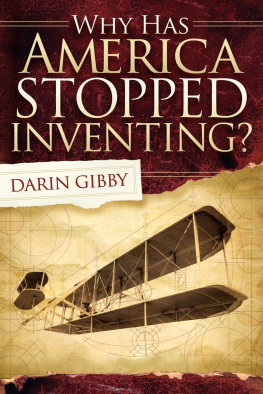


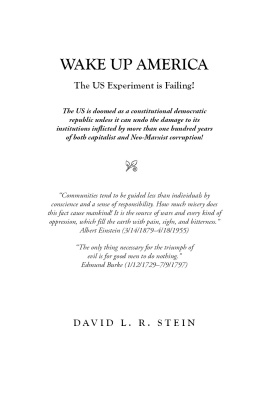
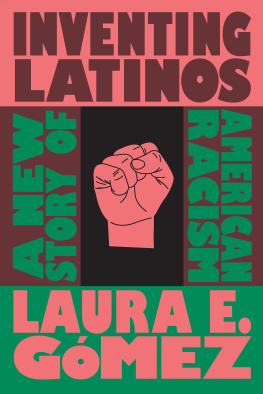
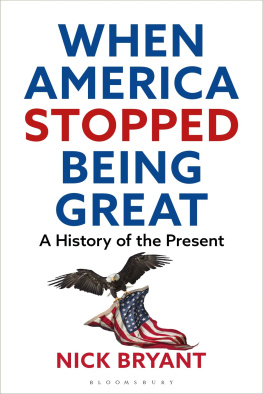
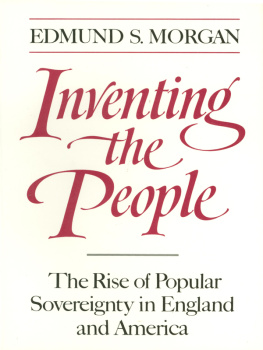
![Crowe Ellie - Hardcore inventing: the IP[superscript]3 method: invent, protect, promote, and profit](/uploads/posts/book/192248/thumbs/crowe-ellie-hardcore-inventing-the.jpg)
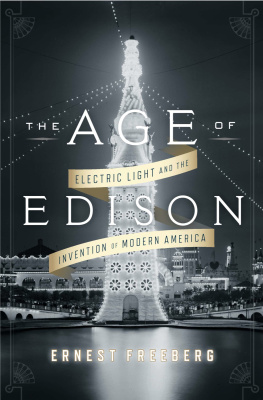
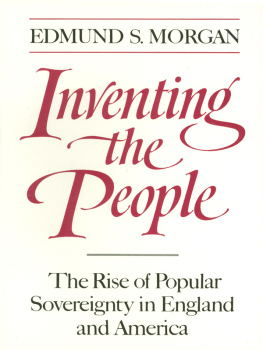
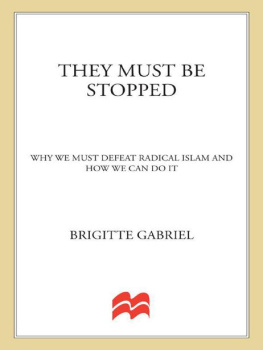

 WHY HAS
WHY HAS 
